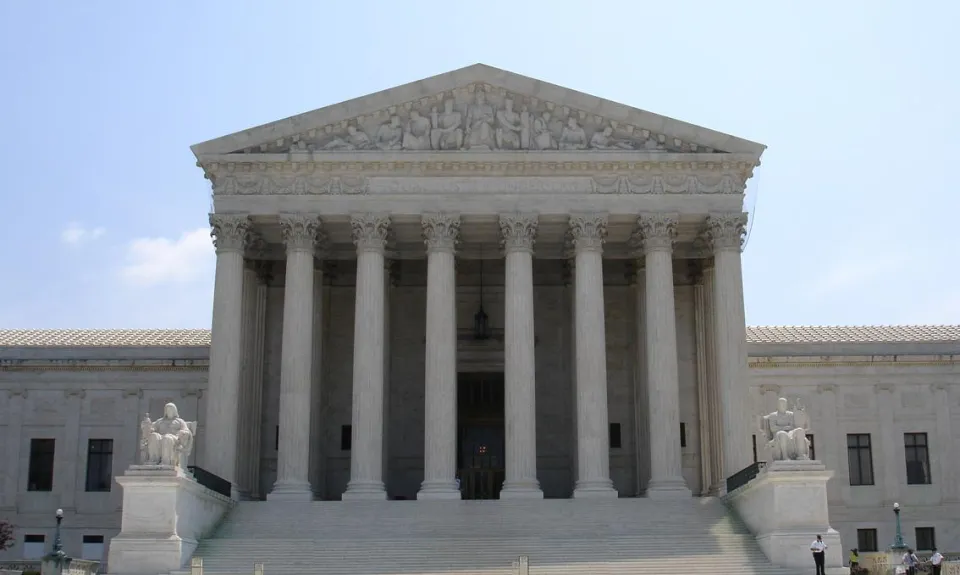Oral arguments were held today in Moyle v. United States. This is one of the two abortion-related cases before the Supreme Court this term.
What is this case about?
This is about far-right efforts to deny abortion care even in emergency situations when it’s needed to protect a patient’s health.
Sometimes, someone who is pregnant has complications so severe that the safest way to protect that person’s health is to provide an abortion. Unfortunately, in the post-Dobbs world that the far-right justices created, anti-abortion forces are trying to prevent that care from being given.
Don’t hospitals have to give emergency care?
Yes, they do. It’s a federal requirement.
In 1986, Congress passed the Emergency Medical Treatment and Labor Act (EMTALA). Congress acted because hospitals were turning away people who needed emergency medical care. EMTALA requires hospitals receiving Medicare (which most do) to provide stabilizing medical care when there is an emergency. This is a critical right of patients in every part of the United States.
After Dobbs, conflicts began to arise between some state laws criminalizing abortion care and the federal law requiring hospitals to provide stabilizing abortion care when needed. In Idaho (where the Moyle case began), it is illegal to provide abortion care except to save the patient’s life. If an abortion is needed to protect a mother from serious health consequences short of death, Idaho law prohibits it.
So the Biden administration clarified that a hospital’s obligations under the federal EMTALA law supersede any inconsistent state laws against abortion.
Anti-abortion officials in Idaho sued the federal government. They claim that EMTALA requires emergency care that is consistent with state law. A federal district court ruled for the Biden administration. But, overruling a full 9th circuit decision including two Biden judges that stayed enforcement of the state law, the Supreme Court allowed Idaho to enforce its anti-abortion laws pending final resolution of the case.
What happened at oral arguments?
Solicitor General Elizabeth Prelogar argued for the Biden administration. She summarized how EMTALA protects people in ways that Idaho law does not:
In Idaho, doctors have to shut their eyes to everything except death. Whereas under EMTALA, you’re supposed to be thinking about things like, “Is she about to lose her fertility? Is her uterus going to become incredibly scarred because of the bleeding? Is she about to undergo the possibility of kidney failure?”
Justices Sonia Sotomayor and Elena Kagan were also especially focused on the impact that denial of care has on patients, including the loss of organs and the inability to become pregnant again.
Justice Samuel Alito suggested an interpretation of EMTALA that would turn it upside down. One of EMTALA’s purpose is to ensure that hospitals provide emergency care during pregnancies. That includes situations where care is needed to protect the health of the mother or the fetus. But Alito argues that because the statute refers to the fetus as an “unborn child,” it must be read to prohibit abortion care at any time, even when the health of the mother would be seriously compromised.
When will we know the result?
The case will likely be decided near the very end of the Court’s current term in late June or early July.
